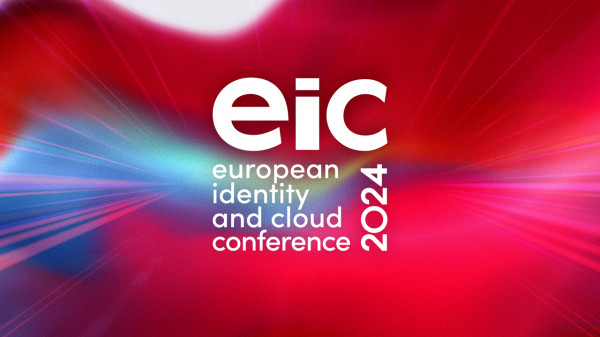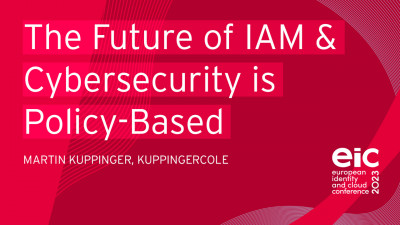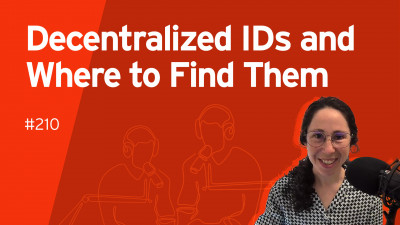The recent US court decision has added to the concerns of EU customers (and of other regions such as APAC) regarding the use of Cloud services from US-based providers. The decision orders Microsoft to turn over a customer’s emails stored in Ireland to the US government. The decision required the company to hand over any data it controlled, regardless of where it was stored.
While the judge has temporarily suspended the order from taking effect to allow Microsoft time to appeal to the 2nd US Circuit Court of Appeals, it remains, like the sword of Damocles, hanging atop of the US Cloud Service Providers (CSPs).
The decision further increases the uncertainty many customers feel regarding the Cloud, and is the latest since the Snowden revelations. So let’s look at the facts behind the FUD (fear, uncertainty, doubt).
In fact, the most important issue of the Cloud is control, not location. There have been critics against many of the current regulations focusing on the location instead of control. When appropriate security controls are in place, why should it make a difference whether data is stored in an EU datacenter or in an US datacenter? The location argument is somewhat invalid anyhow given the fact that data might be routed through other locations, based on how the IP protocol stack works. This caused the recent discussion about an EU Cloud.
However, if control is the better concept in these days of the Internet and the Cloud, the court decision has some logic. The alternative – it is about location, not about control – would in fact mean: A US criminal can hide data simply by storing it outside the US in the Cloud.
Notably, the recent US court decision (still subject to appeal) does not provide blanket access to data held. In this case it appears that the data is related to criminal activity. It is common in virtually all legislations, that data can be seized by law enforcement if they have suspicion that a crime has been committed.
However, there is a risk that your data could legally be seized by law enforcement in a non EU country (e.g. the US, Russia, etc.) on suspicion of an act that is not a crime in your country and which may not have been committed in the country wishing to seize it. There have been a number of contentious example of UK citizens being extradited to the US for these kinds of reason.
The differences in laws and legal system between various countries and court decisions, such as the recent one, do not make it easier for EU customers to trust non-EU Cloud Providers. In fact, uncertainty seems to increase, not decrease. Waiting for harmonization of legislation or trade agreements such as (TTIP Transatlantic Trade and Investment Partnership) is not an answer.
Organizations today are in a situation where on one hand business wants new types of IT services, some only available from the Cloud. On the other hand, there is this uncertainty about what can be done or not.
The only thing organizations can (and must) do is to manage this uncertainty in the same way as for other kinds of risks. Businesses are experienced in deciding which risks to take. This starts with a structured approach to Cloud Service Provider selection, involving not only IT but also procurement and legal. It includes legal advice to understand the concrete legal risks. It also includes analyzing the information sensitivity and information protection requirements. In this way, the specific risk of using individual Cloud Service Providers and different deployment models such as public or private Clouds can be analyzed. It transforms uncertainty into a good understanding of the risk being taken.
KuppingerCole’s research around Cloud Assurance and Information Stewardship and our Advisory Services, for instance, can help you with this.
Notably, the frequently quoted answer "let’s just rely on EU CSPs" oversimplifies the challenge. It needs real alternatives and pure play EU offerings. Both are rare. Many EU offerings are not feature-equal or are far more expensive; others are not pure play EU. The same applies for other regions, for sure. Yes, these services must be taken into consideration. But "EU is good, US is bad" is too simple when looking at all aspects. It is better to understand the real risks of both and choose the best way based on this – which might include on-premise IT. The basic answer to the question in the title simply is: "It depends." The better answer is: "Understand the real risk."
This article was originally published in the KuppingerCole Analysts’ View Newsletter.










































